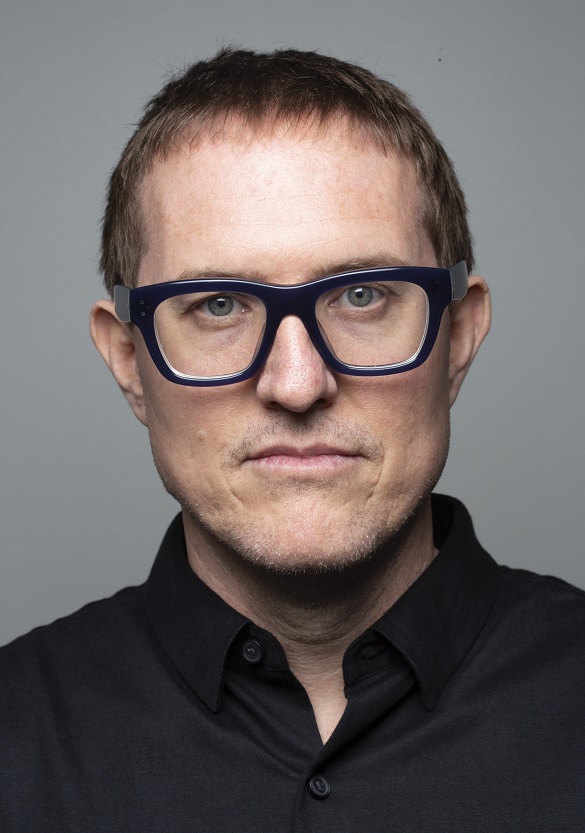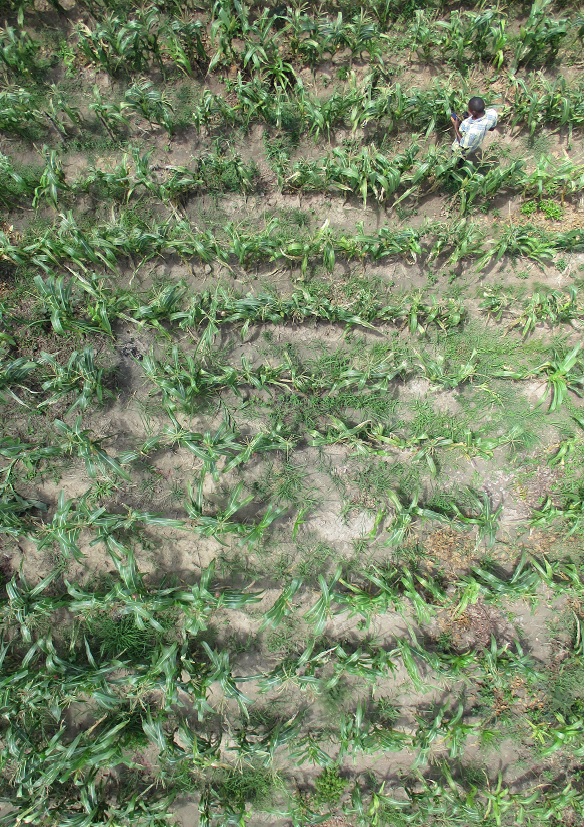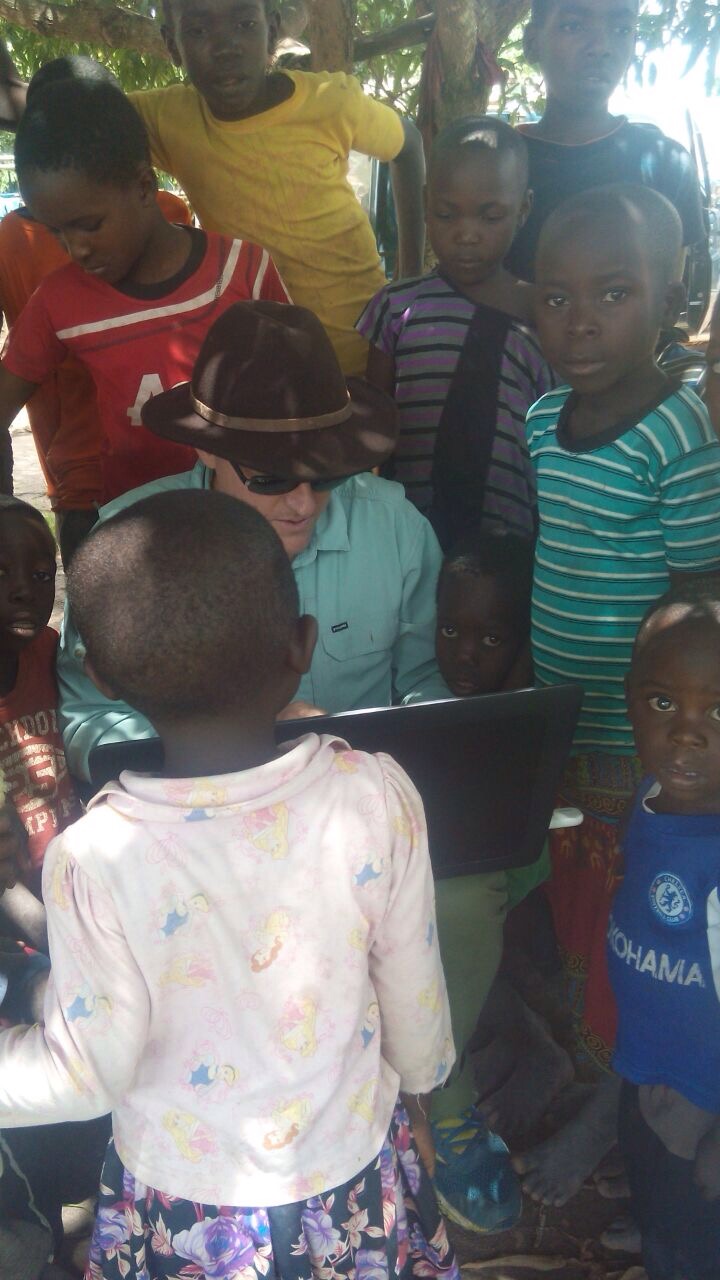

Benjamin Clark, Phd, Specialized in the ecological impacts of tropical agricutlure. Currently based in Jakarta, Indonesia


Benjamin Clark, Phd, Specialized in the ecological impacts of tropical agricutlure. Currently based in Jakarta, Indonesia

I am an experienced Data Scientist with 20 years of experience of working on big data, remote sensing, complex modeling (statistical, mechanistic and simulation models), field-based surveys and measurements, and geospatial analytics. I have extensive experience of working with large, complex relational and longitudinal datasets as well as spatial data (vector or gridded). I am a skilled programmer in R, Python, C#, C, SQL, IDL, QGIS, ArcGIS and ENVI, and have developed mobile data collection systems integrated with micro-controller based sensor data collection as well as parallel image processing workflows. I have proven expertise in areas of hydrology, environmental science, agriculture, and demographic surveillance. My Ph.D. in Ecology and Environmental Science at Columbia University, New York, received substantial funding and recognition from the National Science Foundation (NSF), Fulbright Program, USDA’s Borlaug Fellowship Program, and Pathfinder innovation grants.
Over my career, I have worked extensively across sub-Saharan Africa (South Africa, Kenya, Tanzania), India and Cambodia. I am passionate about how better information, modeling and novel sources of data can be leveraged towards practical applications to reduce risk within low-resource and developing country environments. My current applied research interests revolve around ways to secure agricultural investments of smallholder farmers to ensure better yields through the development of gridded hydro-met products, with a focus on fusing remotely sensed products and point observation data for use within the weather index insurance schemes. I have also developed gridded hydro-met products can be used as input data for landscape/regional models to optimize land use to promote hydrological function while reducing anthropogenic water stress at the landscape or regional scale (in essence, balancing agricultural water use with the growing water demand of urban centers).
I firmly believe in “frugal science” approaches to aid smart, citizen-based solutions in developing countries. To that end, I have received grants to work on integrating Internet of Things (IoT) into agro-ecological research using cheap sensor networks to better understand the variability of climate and plant physiology in space and time. For instance, I have developed an inexpensive, smartphone-based micro-spectrometer that can be used for crop nutrient management and analysis of soil properties to determine fertilizer requirements. Finally, I am working on an IoT device to track water depth within rice paddy fields that notifies farmers when to irrigate using the alternate wetting and drying method.
